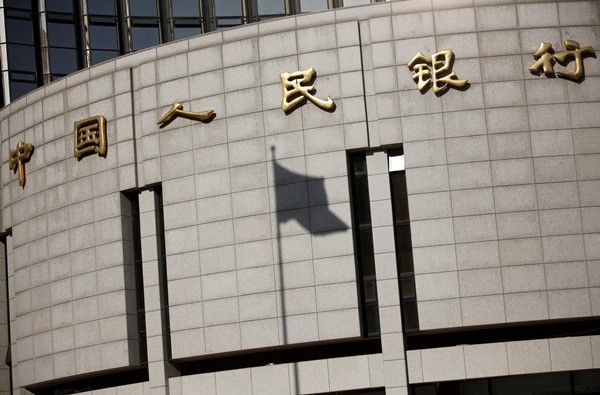To help the moribund housing market, Chinese authorities announced a new policy increasing the housing public accumulation fund loans ceiling from 800,000 yuan (around $130,000) to 1.2 million yuan (around $194,000), Dec. 31, Wednesday, China Daily reported.
The new policy aims to alleviate the slowdown in the property market by allowing a first-time home buyer acquiring a property not exceeding 90 square meters to apply for as much as 1.2 million yuan starting on Jan. 1.
The current interest rate for a housing fund loan for the past five years is 4.25 percent, lower than what commercial banks offer at 6.15 percent.
The housing fund consists of a long-term savings deposited by both employers and their employees every month. However, the fund can only be used by the employees to purchase a house and, if unused, it will be refunded during retirement.
The People's Bank of China, the central bank, and the China Banking Regulatory Commission announced on Sept. 30 that mortgages on second homes have been treated as a first mortgage if the buyer has no outstanding mortgage. According to real estate agencies, the number of second-hand apartments was just over 94,000, down 37 percent, following the downturn in 2014 in most big cities.
The downturn continued in 2014 and spread to most big cities like Beijing, Shanghai, Guangzhu and Shenzhen. According to the National Bureau of Statistics, prices of pre-owned apartments in these top cities have stopped declining after the rate cut.
The latest monthly data shows new home prices dropped in 67 out of 70 cities in November, with 68 cities reporting price drops. The increase of the housing fund loan eases some home purchase restrictions which is an advantage to home buyers. According to 5i5j Real Estate, visits from potential buyers rose to 95 percent after the central bank announcement.
However, Bai Yanjun, chief analyst at the China Index Academy, said that if the latest rate cut was not followed by more cuts in the coming months, the thaw could be short-lived as inventories, even in first-tier cities, are high.
He also pointed out that because banks restricted lending to smaller developers, lower rates will not mean much to those firms. Developers will only benefit from lower lending rates from sources beyond the banks.



























